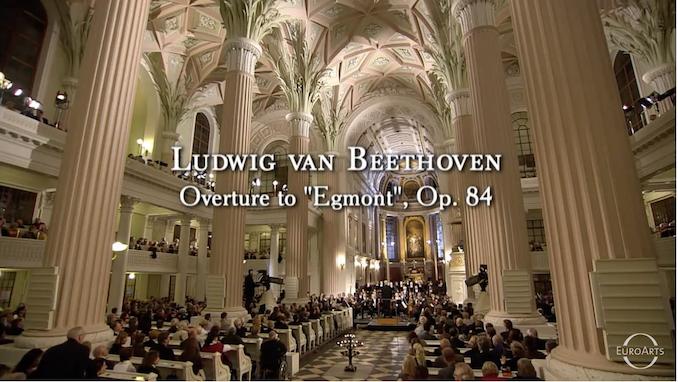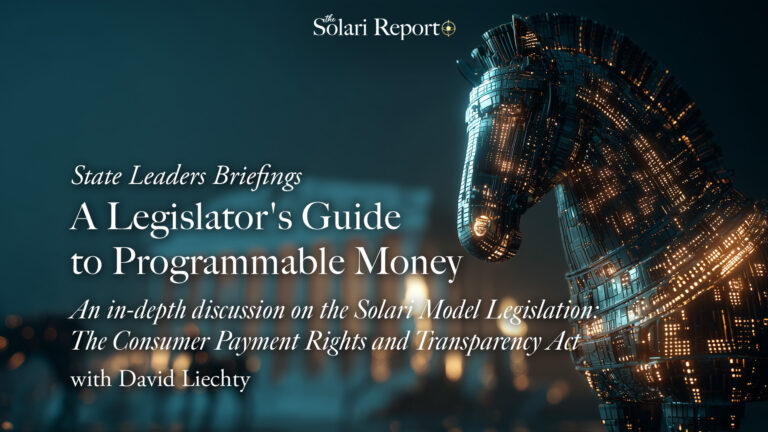
Music of the Week: September 3, 2021: The Overture to Egmont, opus 84 - Beethoven
Become a member: Subscribe
- Money & Markets
- Weekly Solari Reports
- Cognitive Liberty
- Young Builders
- Ask Catherine
- News Trends & Stories
- Equity Overview
- War For Bankocracy
- Digital Money, Digital Control
- State Leader Briefings
- Food
- Food for the Soul
- Future Science
- Health
- Metanoia
- Solutions
- Spiritual Science
- Wellness
- Building Weatlh
- Via Europa
Solari’s Building Wealth materials are organized to inspire and support your personal strategic and financial planning.

Missing Money
Articles and video discussions of the $21 Trillion dollars missing from the U.S. government
No posts
- LATEST
- TOP SECTIONS
- SERIES
- Money & Markets
- Weekly Solari Reports
- Ask Catherine
- News Trends & Stories
- Equity Overview
- Cognitive Liberty
- Young Builders
- Building Wealth
- The War for Bankocracy
- Digital Money, Digital Control
- State Leader Briefings
- Food
- Food for the Soul
- Future Science
- Health
- Metanoia
- Solutions
- Spiritual Science
- Wellness
- Via Europa
- BLOGS
- RESOURCES
- COMMUNITY
- My Account
- Log In
- Subscribe
- Search
- Shop
- Support
- Donate
- Log Out
Music of the Week: September 3, 2021: The Overture to Egmont, opus 84 – Beethoven

Click here to watch the video.
The Egmont Overture is a great example of using music to express political ideas.
In this piece, Beethoven celebrates Count Egmont (1522-1568), a famous Flemish nobleman and warrior from the Low Countries (The Netherlands), who had been fighting for human freedom against the Spanish oppression represented by the despotic Duke of Albe. Egmont was composed between 1809 and 1810 during the Napoleonic Wars when the first French Empire was dominating vast areas of Europe. It is based on Goethe’s drama Egmont written in 1787.
Beethoven communicates his political concerns through the exaltation of the heroic sacrifice of a man condemned to death for having taken a stand against oppression. Kurt Masur’s interpretation of the Egmont Overture is particularly powerful and beautiful.
The Egmont Overture became an unofficial anthem of the 1956 Hungarian revolution.
More on Egmont on Wikipedia.
Our mission is to help you live a free and inspired life. This includes building wealth in ways that build real wealth in the wider economy. We believe that personal and family wealth is a critical ingredient of both individual freedom and community, health and well-being.
Nothing on The Solari Report should be taken as individual investment, legal, or medical advice. Anyone seeking investment, legal, medical, or other professional advice for his or her personal situation is advised to seek out a qualified advisor or advisors and provide as much information as possible to the advisor in order that such advisor can take into account all relevant circumstances, objectives, and risks before rendering an opinion as to the appropriate strategy.
Be the first to know about new articles, series and events.



















































































































